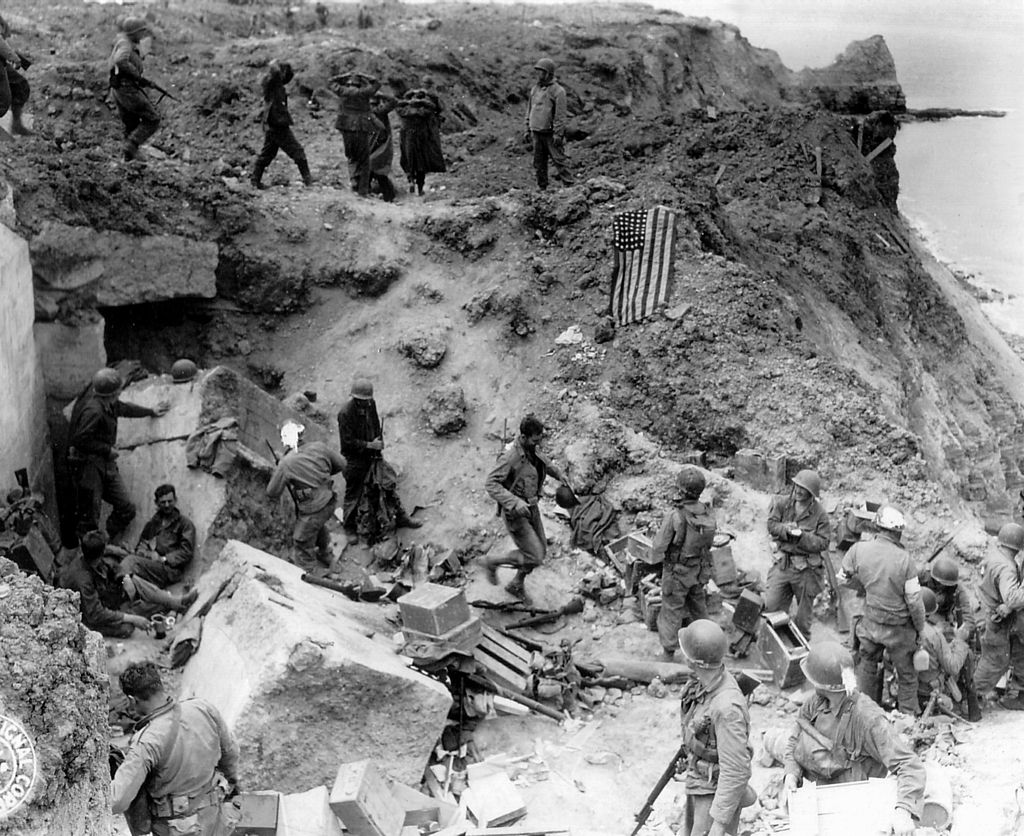 This image is of Pointe du Hoc, a 100 foot cliff taken by Americans on D Day. Memorial Day is a federal holiday set aside to honor all American soldiers who have fallen in battle. In 1967, Congress and President Lyndon Johnson set aside May 30th as Memorial Day, but the history of this day goes back at least to the end of the American Civil War. Americans remember our fallen soldiers by attending church services and praying for military families, visiting war museums, and remembering loved ones who died fighting by placing flowers on graves of deceased American warriors. More Americans died in the American Civil War than in all other American wars. An estimated 625,000 American soldiers died, including about 30% of all Southern white males and 10 percent of Northern males ages 20-45. Nearly every American knew someone who died. The sheer numbers of death and casualties in America had a great impact on the living, and immediately, Americans spontaneously acted to honor those who gave their lives. In the South and in the North, Americans strove to honor those who died fighting for their country. The United States government established national cemeteries for the Union dead. But what started the practice of Memorial Day was not an official governmental act, but thousands of individual acts of tenderness and care that survivors showed to the graves of fallen soldiers of the Civil War. Communities held “Decoration Days,” where everyone would walk to the cemetery to decorate the gravestones of the dead soldiers. One of the first known observances of a mass Decoration Day was in Charleston, South Carolina, on May 1, 1865. 257 Union prisoners had died during the war in a Charleston war prison and had been buried there. Freed slaves, along with missionaries and others, organized a celebration in May. Some in the North have called this the “First Decoration Day.” On this day, more than 10,000 people, including 3,000 newly freed children, participated. Throughout the late 1800s and early 1900s, the American Army, the U.S. government, and individual states celebrated Decoration Day, usually on May 30th, a date chosen because no great battle fell on this day. In 1967, Memorial Day became an official holiday, originally set to May 30th. In 1968, Congress pass a law which moved four holidays to the closest Monday to create convenient three-day weekends. Unfortunately, this move has caused most Americans to view holidays such as Memorial Day as an opportunity for mere recreation, instead of trying to honor our fallen soldiers. On June 6, 1984, on the fortieth anniversary of D-Day, President Ronald Reagan gave a speech in front of the U.S. Ranger Monument at Normandy, commemorating the Rangers’ charge up Pointe du Hoc. “Forty summers have passed since the battle that you fought here. You were young the day you took these cliffs; some of you were hardly more than boys, with the deepest joys of life before you. Yet, you risked everything here. Why? Why did you do it? What impelled you to put aside the instinct for self-preservation and risk your lives to take these cliffs? What inspired all the men of the armies that met here? We look at you, and somehow we know the answer. It was faith and belief; it was loyalty and love. The men of Normandy had faith that what they were doing was right, faith that they fought for all humanity, faith that a just God would grant them mercy on this beachhead or on the next. It was the deep knowledge – and pray God we have not lost it – that there is a profound, moral difference between the use of force for liberation and the use of force for conquest. You were here to liberate, not to conquer, and so you and those others did not doubt your cause. And you were right not to doubt. You all knew that some things are worth dying for. One’s country is worth dying for, and democracy is worth dying for, because it’s the most deeply honorable form of government ever devised by man. All of you loved liberty.” Below are listed all American military deaths that occurred because of the various wars of the United States of America. Conflict Deaths Span American Revolution 25,000 1775-1783 Northwest Indian War 1,056 1785-1795 Quasi-War 514 1798-1800 War of 1812 20,000 1812-1815 1st Seminole War 36 1817-1818 Black Hawk War 305 1832 2nd Seminole War 1,535 1835-1842 Mexican-American War 13,283 1846-1848 3rd Seminole War 26 1855-1858 Civil War 625,000 1861-1865 Indian Wars 919 1865-1898 Great Sioux War 314 1875-1877 Spanish-America War 2,446 1898 Philippine-American War 4,196 1898-1913 Boxer Rebellion 131 1900-1901 Mexican Revolution 35 1914-1919 Haiti Occupation 148 1915-1934 World War 1 116,516 1917-1918 North Russia Campaign 424 1918-1920 American Exped. Force Siberia 328 1918-1920 Nicaragua Occupation 48 1927-1933 World War 2 405,399 1941-1945 Korean War 36,516 1950-1953 Vietnam War 58,209 1955-1975 El Salvador Civil War 37 1980-1992 Beirut 266 1982-1984 Grenada 19 1983 Panama 40 1989 Persian Gulf War 258 1990-1991 Operation Provide Comfort 19 1991-1996 Somalia Intervention 43 1992-1995 Bosnia 12 1995-2004 NATO Air Campaign Yugoslavia 20 1999 The War on Terror a. Afghanistan (ongoing) 2,145 2001- b. Iraq 4,486 2003-2011 Great Discussion Questions You Can Ask Your Kids 1. Order the five most dangerous American wars, in terms of American deaths. 2. After which war did Americans begin to celebrate Decoration Day? 3. When was Memorial Day officially established as a federal holiday? 4. Why was Memorial Day originally called Decoration Day? 5. Why do you think it is important to honor America’s fallen soldiers? 6. What has been America’s longest war? 7. Which of America’s wars has caused the most deaths? 8. According to President Ronald Reagan, what were the reasons the American soldiers fought for? 9. In the Civil War, which side lost more of the men, as a percentage of the whole society? 10. According to Reagan, what did American soldiers on the beaches of Normandy have a deep knowledge of? By John De Gree of www.classicalhistorian.com Copyright 2016. All Rights Reserved. #theclassicalhistorian 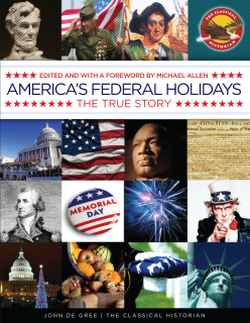 This lesson was taken from America's Federal Holidays, The True Story, by John De Gree of Classical Historian. Click Here for More Details.
1 Comment
Senator Hillary Clinton is competing with Senator Bernie Sanders to be the Presidential nominee for the Democratic Party in the 2016 general election. For a variety of reasons, many had thought that Clinton would have already won the Democratic primaries, however, Sanders is running a close second to Clinton.
To become the Democratic nominee, a candidate needs 2,382 delegates. At this date, Clinton has won 1,716 delegates to Sanders’ 1,433. In addition to these delegates won through primary elections, 524 superdelegates have pledged to support Clinton, while 40 have pledged to support Sanders. There are a total of 712 superdelegates. Who and What Are Superdelegates? In the Democratic Party, superdelegates are chosen by party officials to select which candidate they think will best represent the party in a general election. Superdelegates are not voted for by the people in primaries. There are a total of 712 superdelegates, and each superdelegate may pledge his vote before the convention but retains the right to change his vote at the convention. Superdelegates emerged in 1982, after the Democratic Party had been completely destroyed in the two recent Presidential elections of 1980 and 1972. Democratic Party officials believed that in the elections of 1972 and 1980, their candidates (George McGovern and Jimmy Carter) may have won a plurality of popular votes in the Democratic primaries, but they did not give the Democratic Party the best chance to win in a general election. Democrats created superdelegates so that party officials would control who became the candidate, in case there was a close election, or in case there was a candidate the party leaders felt was on the political fringe or represented a particular geographical location. Hillary Clinton is a Controversial Candidate For many reasons, Senator Hillary Clinton is a controversial Presidential candidate. The following is a list of complaints some have raised against Hillary Clinton:
Great Discussion Questions You Can Ask Your Kids
By John De Gree
Donald Trump is the presumptive Presidential nominee for the Republican National Party. This means, that everyone presumes he will represent the Republican Party in the general election. As the Republican Party nominee, he will face the nominee for the Democratic National Party in the general election, which takes place Tuesday, November 8, 2016. The winner of this election will be inaugurated President of the United States of America on Inauguration Day, Friday, January 20th, 2017. In many ways, Donald Trump’s campaign to win the Republican state primaries has been unusual. State Political Party Primaries, Caucuses, and Donald Trump Because American Founding Fathers detested centralized decision-making and control of the country, they left it up to each state how it would choose political electors and candidates for President. Beginning in February, both the Republican and Democratic state parties have held elections to choose their candidates. The first candidate on the Republican side to win 1237 delegates (half plus one of the total) would become the Republican Presidential nominee. Donald Trump needs less than 200 more delegates and nobody questions if he will reach this number before the Republican Convention in July 18-21 in Cleveland, Ohio. In the first Republican state primary, there were 17 candidates. The large number of candidates was partly because President Obama is a Democrat and he is leaving the White House. For eight years, there has been no clear leader of the Republican Party. Many Republicans with political experience thought this was their chance. Of the candidates were sitting and past governors, senators, a former attorney general, a doctor and two business professionals. Most believed one of the professional politicians would win. Because of the large number of candidates, not one candidate has won a majority of votes in most of the primaries. In fact, not one candidate has captured over 50% of the total vote for the Republicans. However, Donald Trump has captured a plurality of votes in more states than the other candidates. A plurality means a greater number of votes than others, but not reaching 50%. Because of Trump’s victories by plurality, he has been able to capture enough delegates that will put him over the 50% mark. This is because in many states, the political party decided to make the primary a “winner-take-all” primary. Any candidate who wins a plurality of votes captures all of the delegates. However, in the past seven state primaries, Donald Trump has captured 50% of the vote, winning with commanding leads in Indiana, Rhode Island, Pennsylvania, Maryland, Delaware, Connecticut, and New York. Donald Trump is a Controversial Candidate For many reasons, Donald Trump is a controversial candidate. The following is a list of complaints some have raised against Mr. Trump. It is interesting to note that many of the complaints can also be seen as positives, depending on perspective.
The last primary elections take place June 7th. Either before or on this date, barring an unforeseen event, Donald Trump will become the Republican Party nominee and will face the Democratic nominee in the 2016 election. The Classical Historian will provide articles discussing the positions all candidates have on the major issues in the coming months. Questions
By John De Gree. Copyright 2016. All Rights Reserved. Harriet Tubman’s image will replace Andrew Jackson’s image on the front of the $20 bill, beginning sometime after 2020. Jackson’s image will move to the back of the bill. During Harriet Tubman’s life, she was hated by the Southern Democrats but loved by the party of Lincoln, the Republicans. Because of the change of the $20 bill, Tubman’s life and meaning has become again a controversial topic for the United States of America.
Harriet Tubman was an escaped slave who risked her life to free others. Born a slave in Maryland, we believe her birth date was 1822, though we are unsure because slaveholders tried to take away any birthday celebrations for slaves. It was believed that if a slave didn’t think she was special, she would follow orders better. Some time in her young adulthood, Tubman escaped and travelled along the Underground Railroad until she made it to Pennsylvania, a free state. After making it to freedom, she returned South numerous times to rescue dozens of slaves. Escaping from slavery was dangerous, but this did not stop Tubman from returning to the South to rescue more slaves. She travelled on the Underground Railroad. This was a secret system of families, mainly white, who sheltered and fed escaped slaves during the day at their homes, called “stations”. At nighttime, the slaves continued on the “railroad” until they made it to another station, or into the North. Tubman acted as a conductor, a person who led the slaves along the railroad. Harriet Tubman carried a gun while a conductor on the Underground Railroad. Running away from slavery into the unknown was so terrifying, that some slaves wanted to return to their masters while on the journey to freedom. If a slave started to turn back, Tubman would point the gun at these individuals and threaten to shoot if they returned. Tubman knew the slave master would torture the slave until he found out information where the other runaways were. Unlike Andrew Jackson who was the founder of the modern Democratic Party, Harriet Tubman was a lifelong Republican, even acting as a spy against the southern slaveholding Democrats during the Civil War (1861-1865). Tubman reportedly had hundreds of intelligence contacts and could easily gain the trust of slaves in the South. In one scouting mission, she became the first woman to command a significant number of American troops in combat. This action freed more slaves than all of her journeys on the Underground Railroad. Harriet Tubman was a devout Christian and believed she gained her strength and courage to help others from her belief throughout her lifetime. After the Civil War, she helped to found a church and a retirement home. She also fought for woman’s suffrage and fair treatment of black Civil War veterans. Harriet Tubman died in 1913, loved by the North and the slaves she had freed. Irony One definition of irony is "a state of affairs or an event that seems deliberately contrary to what one expects and is often amusing as a result." It is ironic that the Obama administration is replacing Andrew Jackson with Harriet Tubman on the front of the $20 bill. Jackson is the modern founder of the Democratic Party. President Obama is the leader of the Democratic Party. Jackson was a populist, and Obama campaigned as one. Tubman was hated by Democrats and loved by Republicans. She was a gun-carrying, Republican Christian, the exact person that President Obama continues to speak and act against. It is ironic that under a Democratic administration that is against civilian use of weapons, that Harriet Tubman is replacing the founder of the Democratic Party on the $20 bill. Questions
By John De Gree of www.classicalhistorian.com Copyright 2016. All Rights Reserved. |
John De GreeJohn De Gree writes the current events with a look at the history of each topic. Articles are written for the young person, aged 10-18, and Mr. De Gree carefully writes so that all readers can understand the event. The perspective the current events are written in is Judeo-Christian. Receive Articles and Coupons in Your EmailSign Up Now
For Email Marketing you can trust. Archives
June 2024
Categories
All
|
|
SUPPORT
|
RESOURCES
|
|


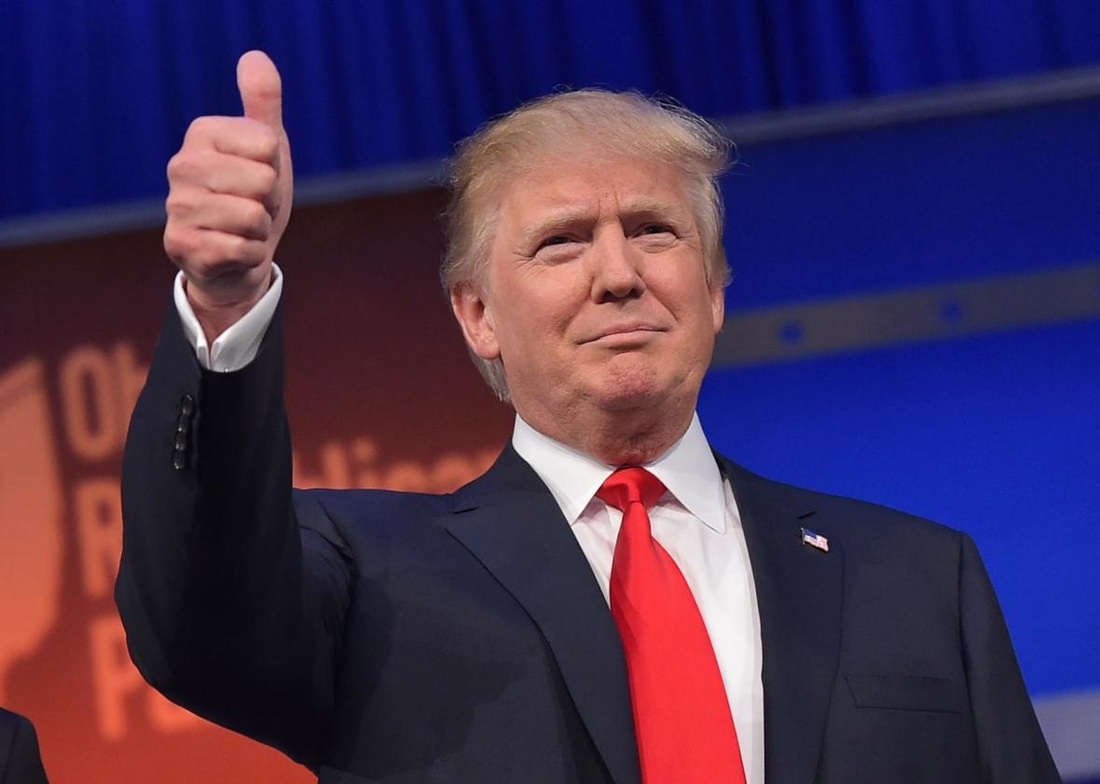
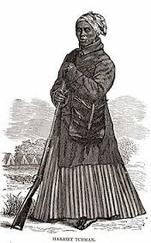
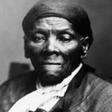


 RSS Feed
RSS Feed



